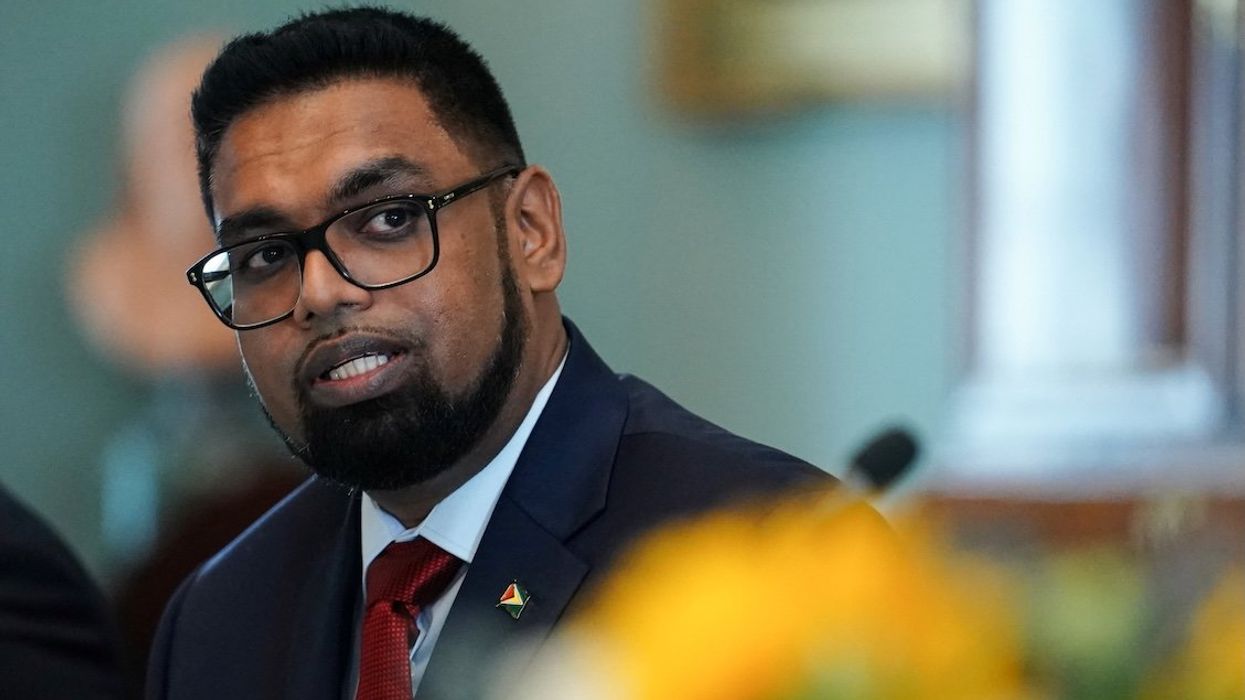News
Venezuela ratchets up tensions with Guyana over Exxon Mobil megaproject
Venezuelan coast guard vessels entered Guyana’s waters near Exxon Mobil Corp.’s offshore drilling site over the weekend and transmitted a radio message claiming it was patrolling a “disputed international” maritime zone.
Mar 03, 2025


